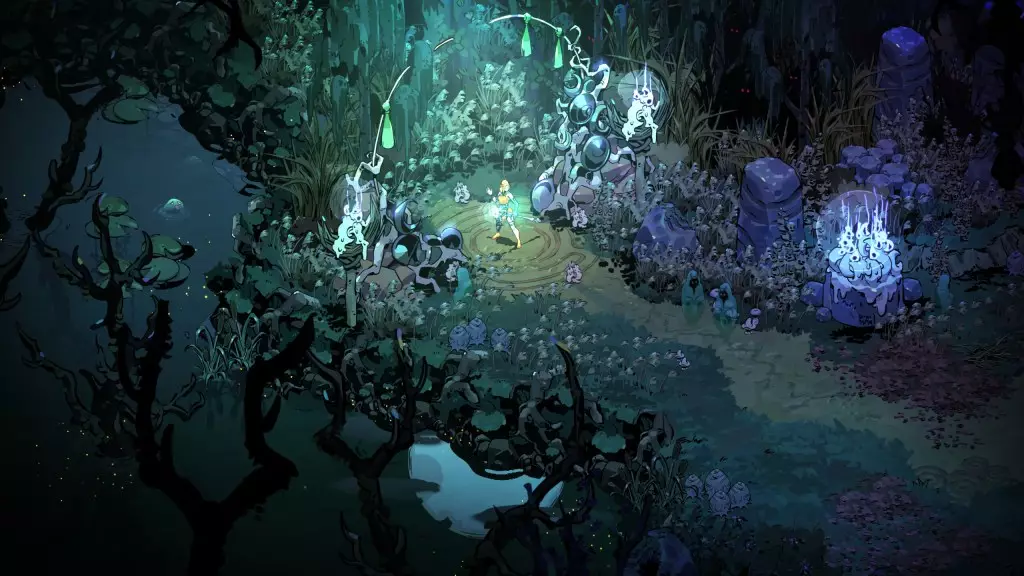Supergiant Games, known for its exceptional narrative-driven titles like Bastion, Transistor, and the acclaimed Hades series, has built a strong reputation in the gaming industry. Their commitment to storytelling is evident in their meticulous character development and the deep involvement of voice actors in the creative process. This unique approach has fostered a loyal fan base that appreciates the studio’s distinctive narrative style. However, recent events have put this cherished reputation to the test, raising questions about the studio’s ethical practices amidst ongoing industry strikes.
The SAG-AFTRA Strike: An Industry-Wide Challenge
The voice acting community is currently grappling with the impacts of the SAG-AFTRA strike, which started in August. The strike aims to secure stronger protections for union talent against the encroaching use of artificial intelligence (AI) in voice acting roles. This situation highlights broader concerns surrounding the future of voice acting and its potential replacement by AI technologies. Members of SAG-AFTRA seek interim contracts that include protections against AI, which could fundamentally change the nature of their work and security in the industry.
Against this backdrop, voice actor Marin M. Miller has publicly accused Supergiant Games of potentially circumventing the strike protocols by recasting roles. In a call to action on social media, Miller encouraged fans to reach out to the studio, implying that the lack of an interim contract has led to their omission from ongoing projects. The gravity of this implication catches many in the industry off guard, given Supergiant’s established ethos of collaboration and respect for its voice talent.
Miller’s concerns suggest that the studio may be prioritizing production timelines over the integrity of its relationships with voice actors during an already fraught period. The notion that a studio renowned for narrative depth could be involved in such practices raises critical questions about accountability and the nature of creative partnerships.
In response to the mounting controversy, Supergiant Games issued a statement assuring fans that they are not recasting any roles and that they oppose the use of AI as a substitute for human talent. However, their lack of direct engagement with Miller following these allegations leaves room for speculation. It creates a sense of uncertainty about future collaborations and how much the studio values its voice actors in this evolving landscape.
The ongoing dialogue between Miller and Supergiant indicates that the ramifications of the strike extend beyond its immediate goals. It sheds light on the potential fracture between voice actors and studios, as both parties navigate a rapidly changing industry landscape.
As the SAG-AFTRA strike continues, it is crucial for gaming studios to engage in open and transparent discussions with voice actors. The implications of AI integration in creative processes demand a collaborative approach that respects the artistry of voice acting. Supergiant Games is faced with a pivotal opportunity to reaffirm its commitment to its talented voice actors, ensuring that the narratives they craft remain authentic and rooted in collaborative creativity. The importance of human connection in storytelling cannot be overstated, and the industry’s response to these challenges will be closely scrutinized in the months ahead.


Leave a Reply